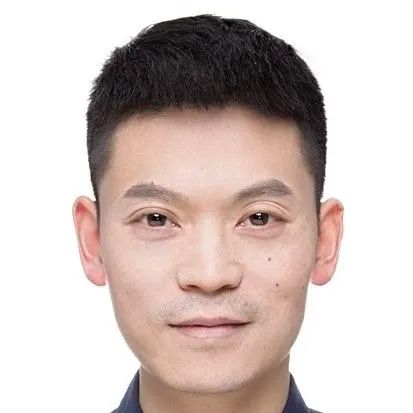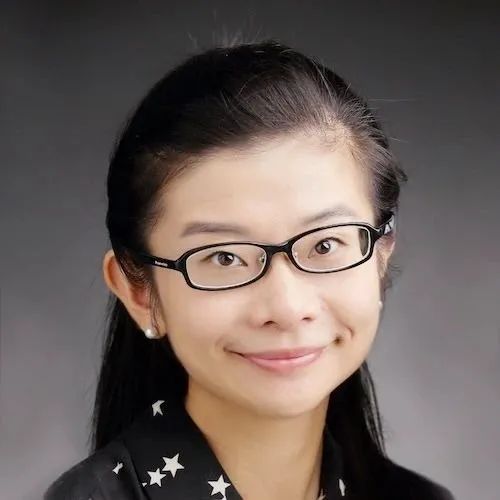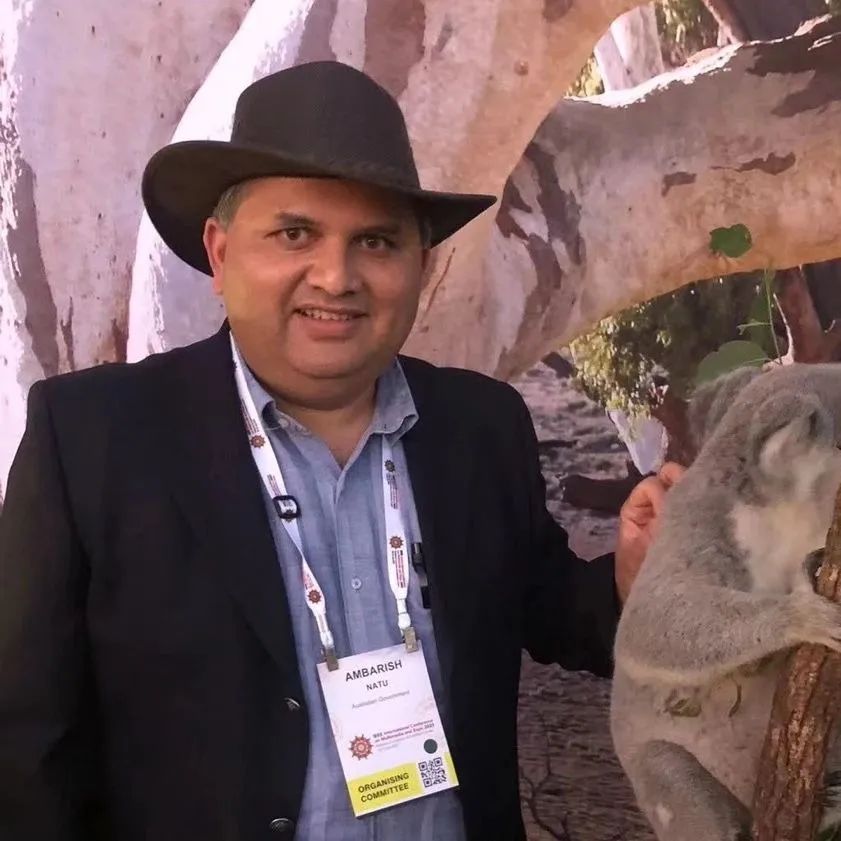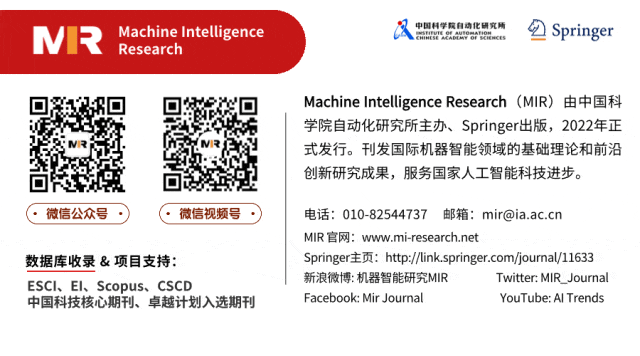
今年7月,由MIR参与合作举办的学术会议AIART2024将在加拿大召开 (与ICME2024同期),Workshop现公开征稿中,并诚邀赞助!

征 稿 启 事
AIART 2024 Call for Papers
The 6th IEEE Workshop on Artificial Intelligence for Art Creation
Overview
Recent advances of AI-Generated Content (AIGC) have been an innovative engine for digital content generation. As an ever increasingly powerful tool, AI has gained great popularity across the whole spectrum of art, such as AI painting, composing, writing, virtual hosting, fashion, design, etc. Tools like Sora even demonstrates the ability to model and simulate the physical world. An era of AI-generated videos or movies is coming. Moreover, AI is also capable of understanding art, and evaluating the aesthetic value of art as well. AI has not only exhibited creativity to some extent, but also served as an enabling tool to discover the principles underneath creativity and imagination, which are traditional challenges for neuroscience, cognitive science, and psychology. Despite all these promising features of AI for Art, we still have to face the many challenges such as the explainability of generative models and the copyright issues of AI art works.
This is the 6th AIART workshop to be held in conjunction with ICME 2024 in Niagara Falls, Canada, and it aims to bring forward cutting-edge technologies and most recent advances in the area of AI art in terms of enabling creation, analysis, understanding, and rendering technologies.
The theme topic of AIART 2024 will be Big Models for Art Creation. We plan to invite 3 keynote speakers to present their insightful perspectives on AI art.
The authors of selected high-quality papers will be invited to submit an extended version to the Machine Intelligence Research (MIR) journal published by Springer.
Additionally, one Best Paper Award will be given.
AIART 2024 is also launching a demo track for artists to showcase their creative artworks in the form of in-person or online gallery. The demo track will provide a great opportunity for people to experience interactive artworks and communicate creative ideas. The submission guideline for the demo track follows that of the main ICME conference:
https://2024.ieeeicme.org/author-information-and-submission-instructions/.
Topics
We sincerely invite high-quality papers presenting or addressing issues related to AI art, including but not limited to the following topics:
1) Affective computing for AI Art
2) Theory and practice of AI creativity
3) Neuroscience, cognitive science and psychology for AI Art
4) Explainable AI (XAI) for art
5) AI Art for metaverse
6) AI for painting generation
7) AI for 3D content generation
8) AI for video and movie
9) AI for cultural heritage
10) AI for sound synthesis, music composition, performance, and instrument design
11) AI for poem composing and synthesis
12) AI for typography and graphic design
13) AI for fashion, makeup, and virtual hosting
14) AI for multimodal and cross-modal art generation
15) AI for art style transfer
16) AI for aesthetics understanding, analysis, assessment and prediction
17) Authentication and copyright issues of AI artworks
Submission
Authors should prepare their manuscript according to the Guide for Authors of ICME available at Author Information and Submission Instructions:
https://2024.ieeeicme.org/author-information-and-submission-instructions/
Submission address:
https://cmt3.research.microsoft.com/ICMEW2024
Important Dates
Submissions due:April 6, 2024
Workshop date:TBD
Homepage
Technical Program Committee
(滑动右侧进度条查看完整名单)
Ajay Kapur, California Institute of the Arts, USA
Alan Chamberlain, University of Nottingham, Nottingham
Alexander Lerch, Georgia Institute of Technology, USA
Alexander Pantelyat, Johns Hopkins University, USA
Bahareh Nakisa, Deakin University, Australia
Baoqiang Han, China Conservatory of Music, China
Baoyang Chen, Central Academy of Fine Arts, China
Beici Liang, Tencent Music Entertainment Group, China
Bing Li, King Abdullah University of Science and Technology, Saudi Arabia
Björn W. Schuller, Imperial College London, UK
Bob Sturm, KTH Royal Institute of Technology, Sweden
Carlos Castellanos, Rochester Institute of Technology, USA
Changsheng Xu, Institute of Automation, Chinese Academy of Sciences, China
Dongmei Jiang, Northwestern Polytechnical University, China
Emma Young, BBC, UK
Gus Xia, New York University Shanghai, China & Mohamed bin Zayed University of Artificial Intelligence, United Arab Emirates
Haifeng Li, Harbin Institute of Technology, China
Haipeng Mi, Tsinghua University, China
Hongxun Yao, Harbin Institute of Technology, China
Jesse Engel, Google, USA
Jia Jia, Tsinghua University, China
Jianyu Fan, Microsoft, Canada
Jing Wang, Beijing Institute of Technology, China
John See, Multimedia University, Malaysia
Juan Huang, Johns Hopkins University, USA
Junping Zhang, Fudan University, China
Kejun Zhang, Zhejiang University, China
Ke Lv, University of Chinese Academy of Sciences, China
Kenneth Fields, Central Conservatory of Music, China
Lai-Kuan Wong, Multimedia University, Malaysia
Lamtharn Hanoi Hantrakul, ByteDance, USA
Lei Xie, Northwestern Polytechnical University, China
Lin Gan, Tianjin University, China
Long Ye, China University of Communication, China
Maosong Sun, Tsinghua University, China
Mei Han, Ping An Technology Art institute, USA
Mengjie Qi, China Conservatory of Music, China
Ming Zhang, Nanjing Art College, China
Mohammad Naim Rastgoo, Queensland University of Technology, Australia
Na Qi, Beijing University of Technology, China
Nick Bryan-Kinns, Queen Mary University of London, UK
Nina Kraus, Northwestern University, USA
Pengtao Xie, University of California, San Diego, USA
Philippe Pasquier, Simon Fraser University, Canada
Qin Jin, Renmin University, China
Qiuqiang Kong, ByteDance, China
Rebecca Fiebrink, University of London, UK
Rick Taube, University of Illinois at Urbana-Champaign, USA
Roger Dannenberg, Carnegie Mellon University, USA
Rongfeng Li, Beijing University of Posts and Telecommunications, China
Rui Wang, Institute of Information Engineering, Chinese Academy of Sciences, China
Ruihua Song, Renmin University, China
Shangfei Wang, University of Science and Technology of China, China
Shasha Mao, Xidian University, China
Shiguang Shan, Institute of Computing Technology, Chinese Academy of Sciences, China
Shiqi Wang, City University of Hong Kong, China
Shun Kuremoto,Uchida Yoko Co.,Ltd,Japan
Si Liu, Beihang University, China
Simon Lui, Huawei Technologies Co., Ltd, China
Tiange Zhou, NetEase Cloud Music, China
Weibei Dou, Tsinghua University, China
Weiming Dong, Institute of Automation, Chinese Academy of Sciences, China
Wei-Ta Chu, National Chung Cheng University, Taiwan, China
Wei Li, Fudan University, China
Weiwei Zhang, Dalian Maritime University, China
Wei Zhong, China University of Communication, China
Wen-Huang Cheng, National Chiao Tung University, Taiwan, China
Wenli Zhang, Beijing University of Technology, China
Xi Shao, Nanjing University of Posts and Telecommunications, China
Xiaojing Liang, NetEase Cloud Music, China
Xiaopeng Hong, Harbin Institute of Technology, China
Xiaoyan Sun, University of Science and Technology of China, China
Xiaoying Zhang, China Rehabilitation Research Center, China
Xihong Wu, Peking University, China
Xinfeng Zhang, University of Chinese Academy of Sciences, China
Xu Tan, Microsoft Research Asia, China
Yanchao Bi, Beijing Normal University, China
Yi Qin, Shanghai Conservatory of Music, China
Ying-Qing Xu, Tsinghua University, China
Yirui Wu, Hohai University, China
Yuanchun Xu, Xiaoice, China
Zhiyao Duan, University of Rochester, USA
Organizing Team

Luntian Mou
Beijing University of Technology
Beijing, China
ltmou@bjut.edu.cn

Feng Gao
Peking University
Beijing, China
gaof@pku.edu.cn

Kejun Zhang
Zhejiang University
Hangzhou, China
zhangkejun@zju.edu.cn

Jiaying Liu
Peking University
Beijing, China
liujiaying@pku.edu.cn

Ling Fan
Tezign.com
Tongji University Design Artificial Intelligence Lab
Shanghai, China
lfan@tongji.edu.cn

Zeyu Wang
Hong Kong University of Science and
Technology (Guangzhou)
Guangzhou, China
zeyuwang@ust.hk

Nick Bryan-Kinns
University of the Arts London
London, UK
n.bryankinns@arts.ac.uk

Ambarish Natu
Australian Government
Australian Capital Territory, Australia
ambarish.natu@gmail.com
Partner: Machine Intelligence Research
Machine Intelligence Research, published by Springer, and sponsored by Institute of Automation, Chinese Academy of Sciences, is formally released in 2022. The journal publishes high-quality papers on original theoretical and experimental research, targets special issues on emerging topics and specific subjects, and strives to bridge the gap between theoretical research and practical applications. The journal has been indexed by ESCI, EI, Scopus, CSCD, etc.
MIR official websites:
https://www.springer.com/journal/11633
MIR Editor-in-Chief :
Tan Tieniu, Institute of Automation, Chinese Academy of Sciences
MIR Associate Editors-in-Chief:
Liang Wang, Chinese Academy of Sciences, China
Yike Guo, Imperial College London, UK
Brian C. Lovell, The University of Queensland, Australia
Call For Sponsorship
Platinum Level
– 4 free registrations (or including up to 4 full registration)
– Invitation to give an industry keynote speech
– Logo on AIART 2024 official website with description and link to sponsor website
– Logo on workshop handbook and presentation material (under Platinum Level)
– One on one negotiation for special requirements.
Gold Level
– 2 free registrations (or including up to 2 full registration)
– Participation in related industry panel
– Logo on AIART 2024 official website with short description and link to sponsor website
– Logo on workshop handbook and presentation material (under Gold Level)
– One on one negotiation for special requirements.
Silver Level
– 1 free registration (or including up to 1 full registration)
– Logo on AIART 2024 official website with link to sponsor website
– Logo on workshop handbook and presentation material (under Silver Level)
∨
关于Machine Intelligence Research
Machine Intelligence Research(简称MIR,原刊名International Journal of Automation and Computing)由中国科学院自动化研究所主办,于2022年正式出版。MIR立足国内、面向全球,着眼于服务国家战略需求,刊发机器智能领域最新原创研究性论文、综述、评论等,全面报道国际机器智能领域的基础理论和前沿创新研究成果,促进国际学术交流与学科发展,服务国家人工智能科技进步。期刊入选”中国科技期刊卓越行动计划”,已被ESCI、EI、Scopus、中国科技核心期刊、CSCD等数据库收录。
▼
往期目录
▼
2024年第1期 | 特约专题: AI for Art
2023年第6期 | 影像组学、机器学习、图像盲去噪、深度估计…
2023年第5期 | 生成式人工智能系统、智能网联汽车、毫秒级人脸检测器、个性化联邦学习框架… (机器智能研究MIR)
2023年第4期 | 大规模多模态预训练模型、机器翻译、联邦学习……
2023年第3期 | 人机对抗智能、边缘智能、掩码图像重建、强化学习…
2023年第2期 · 特约专题 | 大规模预训练: 数据、模型和微调
2023年第1期 | 类脑智能机器人、联邦学习、视觉-语言预训练、伪装目标检测…
2022年第6期 | 因果推理、视觉表征学习、视频息肉分割…
2022年第5期 | 重磅专题:类脑机器学习
2022年第4期 | 来自苏黎世联邦理工学院Luc Van Gool教授团队、清华大学戴琼海院士团队等
2022年第3期 | 聚焦自然语言处理、机器学习等领域;来自复旦大学、中国科学院自动化所等团队
2022年第2期 | 聚焦知识挖掘、5G、强化学习等领域;来自联想研究院、中国科学院自动化所等团队
主编谭铁牛院士寄语, MIR第一期正式出版!
▼
好文推荐
▼
金耀初团队&郑锋团队 | 综述: 深度工业图像异常检测
下载量TOP好文 | 人工智能领域高下载文章集锦 (2022-2023年)
引用量TOP好文 | 人工智能领域高引用文章集锦 (2022-2023年)
综述 | 清华张学工教授: 肺癌影像组学中的机器学习
哈工大江俊君团队 | DepthFormer: 利用长程关联和局部信息进行精确的单目深度估计
Luc Van Gool团队 | 通过Swin-Conv-UNet和数据合成实现实用图像盲去噪
贺威团队&王耀南院士团队 | 基于动态运动基元的机器人技能学习
乔红院士团队 | 类脑智能机器人:理论分析与系统应用 (机器智能研究MIR)
南科大于仕琪团队 | YuNet:一个速度为毫秒级的人脸检测器
上海交大严骏驰团队 | 综述: 求解布尔可满足性问题(SAT)的机器学习方法
西电公茂果团队 | 综述: 多模态数据的联邦学习
高文院士团队 | 综述: 大规模多模态预训练模型
前沿观点 | 谷歌BARD的视觉理解能力如何?对开放挑战的实证研究
港中文黄锦辉团队 | 综述: 任务型对话对话策略学习的强化学习方法
南航张道强教授团队 | 综述:用于脑影像基因组学的机器学习方法
ETHZ团队 | 一种基于深度梯度学习的高效伪装目标检测方法 (机器智能研究MIR)
Luc Van Gool团队 | 深度学习视角下的视频息肉分割
专题综述 | 高效的视觉识别: 最新进展及类脑方法综述
北大黄铁军团队 | 专题综述:视觉信息的神经解码
专题综述 | 迈向脑启发计算机视觉的新范式
专题好文 | 新型类脑去噪内源生成模型: 解决复杂噪音下的手写数字识别问题
戴琼海院士团队 | 用以图像去遮挡的基于事件增强的多模态融合混合网络
ETH Zurich重磅综述 | 人脸-素描合成:一个新的挑战
华南理工詹志辉团队 | 综述: 面向昂贵优化的进化计算
东南大学张敏灵团队 | 基于选择性特征增广的多维分类方法
联想CTO芮勇团队 | 知识挖掘:跨领域的综述
复旦邱锡鹏团队 | 综述:自然语言处理中的范式转换
▼
MIR资讯
▼
2024年 AI 领域国际学术会议参考列表
专题征稿 | Special Issue on Transformers for Medical Image Analysis
MIR 优秀编委 & 优秀审稿人 & 高被引论文 (2023年度)
致谢审稿人 | Machine Intelligence Research
年终喜报!MIR科技期刊世界影响力指数跻身Q1区 (含100份龙年礼包)
最新 | 2023研究前沿及热点解读 (附完整PDF)
前进20名!MIR再度跻身国际影响力TOP期刊榜单
2022影响因子发布!人工智能领域最新SCI & ESCI期刊一览
喜报 | MIR入选图像图形领域 T2级 “知名期刊”!
双喜!MIR入选”2022中国科技核心期刊”,并被DBLP收录 | 机器智能研究MIR
报喜!MIR入选2022年国际影响力TOP期刊榜单
喜报 | MIR被 ESCI 收录!
喜报 | MIR 被 EI 与 Scopus 数据库收录




 ufabet
มีเกมให้เลือกเล่นมากมาย: เกมเดิมพันหลากหลาย ครบทุกค่ายดัง
ufabet
มีเกมให้เลือกเล่นมากมาย: เกมเดิมพันหลากหลาย ครบทุกค่ายดัง


